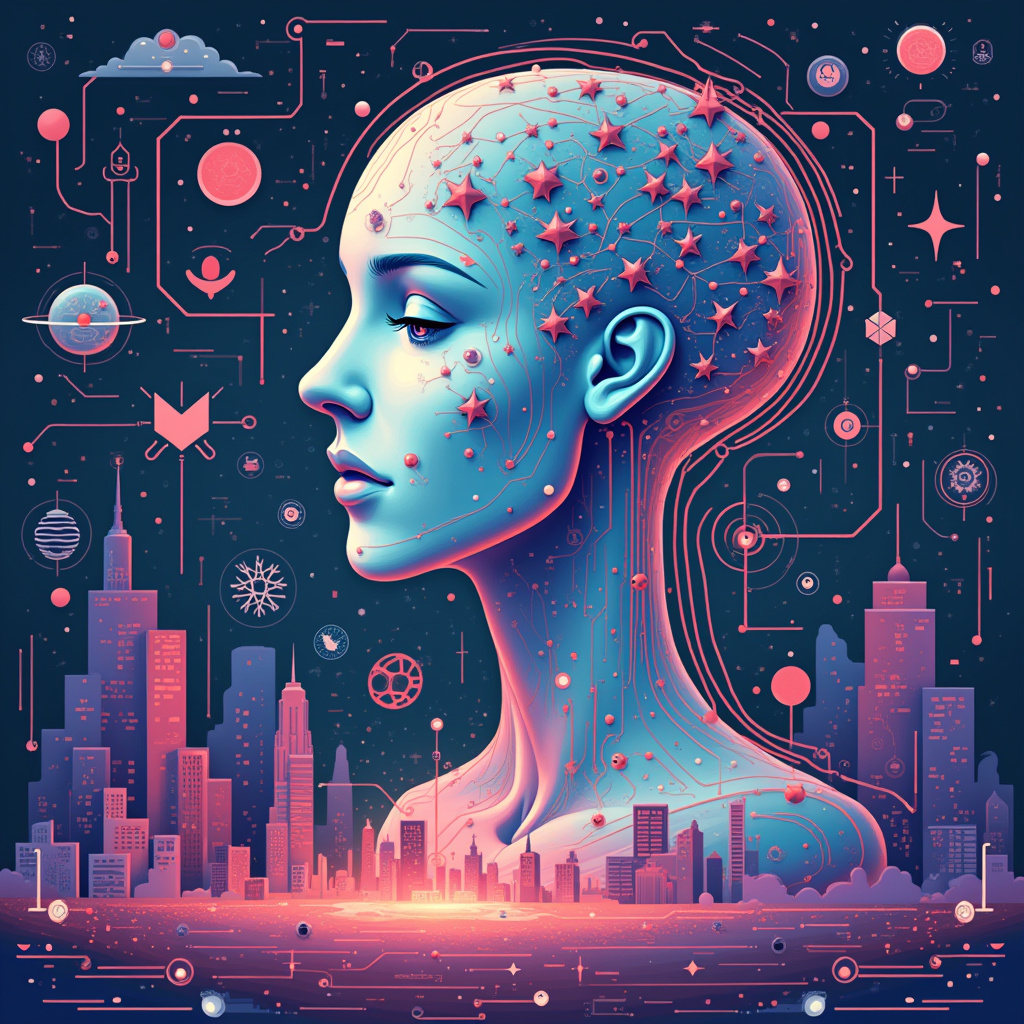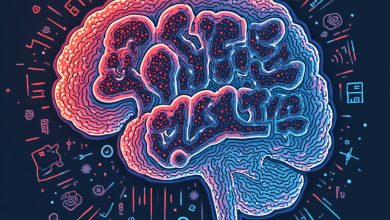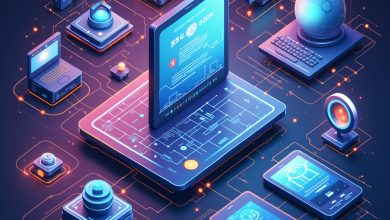How Artificial Intelligence Powers Smart Assistants

Introduction to Smart Assistants
In today’s fast-paced world, smart assistants have become an integral part of our daily lives. From setting reminders to controlling smart home devices, these virtual helpers are designed to make our tasks easier and more efficient. But what exactly powers these intelligent systems? The answer lies in the fascinating world of Artificial Intelligence (AI).
What is Artificial Intelligence?
Artificial Intelligence refers to the simulation of human intelligence in machines that are programmed to think and learn like humans. AI can perform tasks that typically require human intelligence, such as understanding natural language, recognizing patterns, and making decisions. This ability to mimic human thought processes is what makes AI so powerful.
The Role of Natural Language Processing
One of the key components of smart assistants is Natural Language Processing (NLP). NLP is a branch of AI that enables computers to understand and interpret human language. This technology allows smart assistants to process spoken or written commands and respond in a way that feels natural and intuitive.
- Understanding Commands: When you ask your smart assistant a question, NLP helps it to break down your request and understand the meaning behind it.
- Generating Responses: After processing the request, the assistant uses NLP to formulate a coherent and relevant response.
Machine Learning: The Brain Behind Smart Assistants
Another critical aspect of AI is machine learning, a subset of AI that enables systems to learn from data and improve over time. Smart assistants use machine learning algorithms to enhance their performance based on user interactions.
- Personalization: Machine learning allows smart assistants to adapt to individual users by learning their preferences and habits. For instance, if you frequently ask for weather updates in the morning, your assistant may begin to provide this information proactively.
- Improving Accuracy: As users interact with smart assistants, the AI continually learns from these experiences, improving the accuracy of its responses over time.
Voice Recognition Technology
Voice recognition is another essential feature of smart assistants. This technology enables devices to understand spoken commands. By converting audio signals into text, voice recognition allows users to interact with their devices hands-free.
- Speech-to-Text Conversion: When you speak to your smart assistant, voice recognition software analyzes the sound waves, converting them into text that the AI can understand.
- Contextual Understanding: Advanced voice recognition systems can also understand context, allowing them to differentiate between similar-sounding words or phrases based on the situation.
Integrating AI with Smart Home Devices
Smart assistants don’t just operate independently; they often integrate with various smart home devices, creating a seamless ecosystem. This integration allows users to control everything from lights to thermostats using simple voice commands.
- Centralized Control: With a smart assistant, you can control multiple devices from a single interface, making it easier to manage your home.
- Automated Routines: Smart assistants can be programmed to execute routines based on your daily schedule. For instance, you can set your assistant to dim the lights and play soft music when it’s time to unwind.
The Future of Smart Assistants
The future of smart assistants looks promising, with advancements in AI continuing to push the boundaries of what these systems can do. As AI technology evolves, we can expect smarter, more intuitive assistants that can understand us better and cater to our needs more effectively.
- Enhanced Emotional Intelligence: Future smart assistants may develop the ability to recognize and respond to users’ emotional cues, providing a more personalized experience.
- Greater Integration: As more devices become interconnected, smart assistants will likely play an even more central role in managing our daily lives.
Conclusion
Artificial Intelligence is the driving force behind the functionality of smart assistants, enabling them to understand, learn, and respond to our needs. As technology continues to evolve, these virtual helpers will become even more integral to our daily routines, simplifying tasks and enhancing our lives in countless ways. Whether you’re asking for the weather or controlling your home, AI-powered smart assistants are here to stay!




